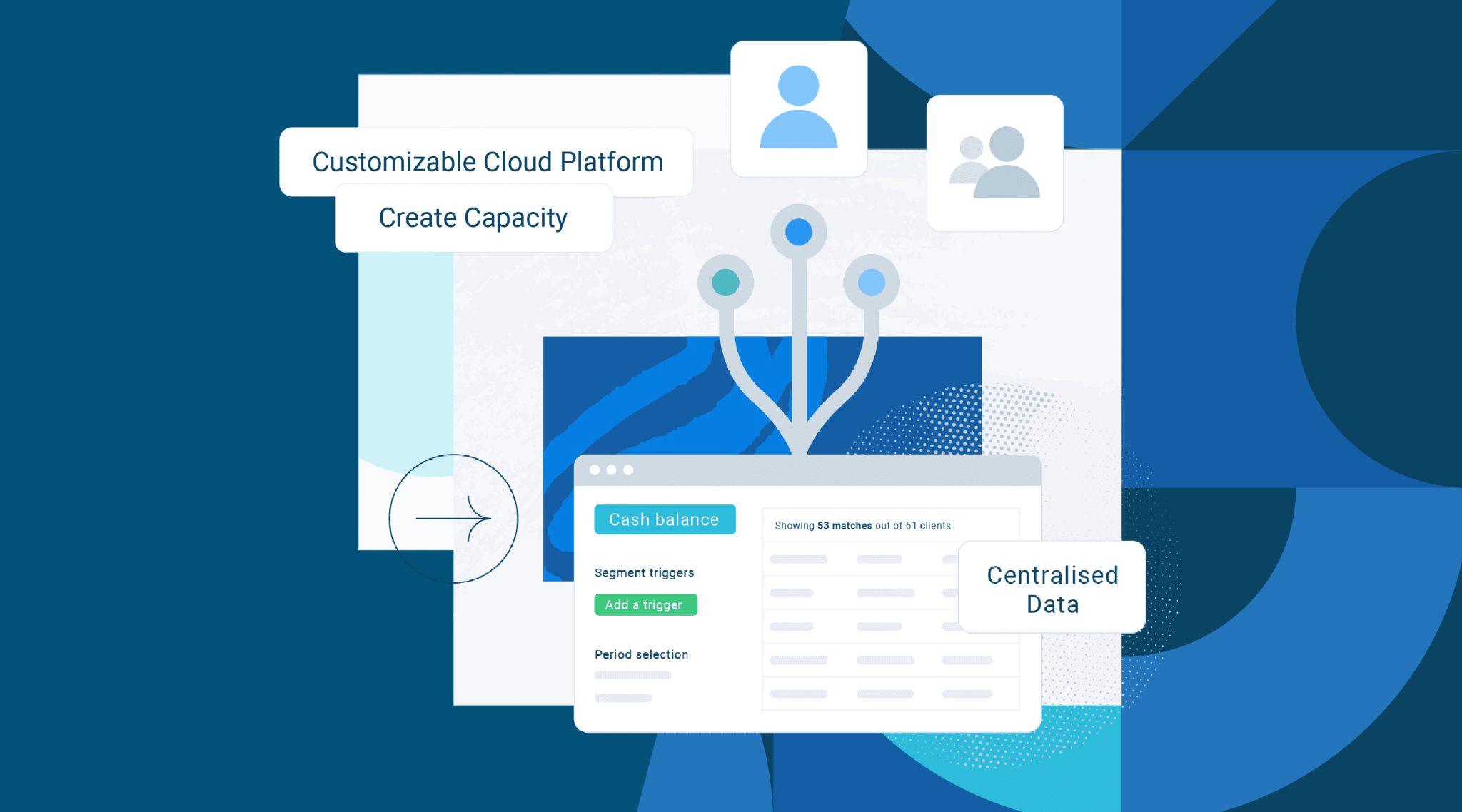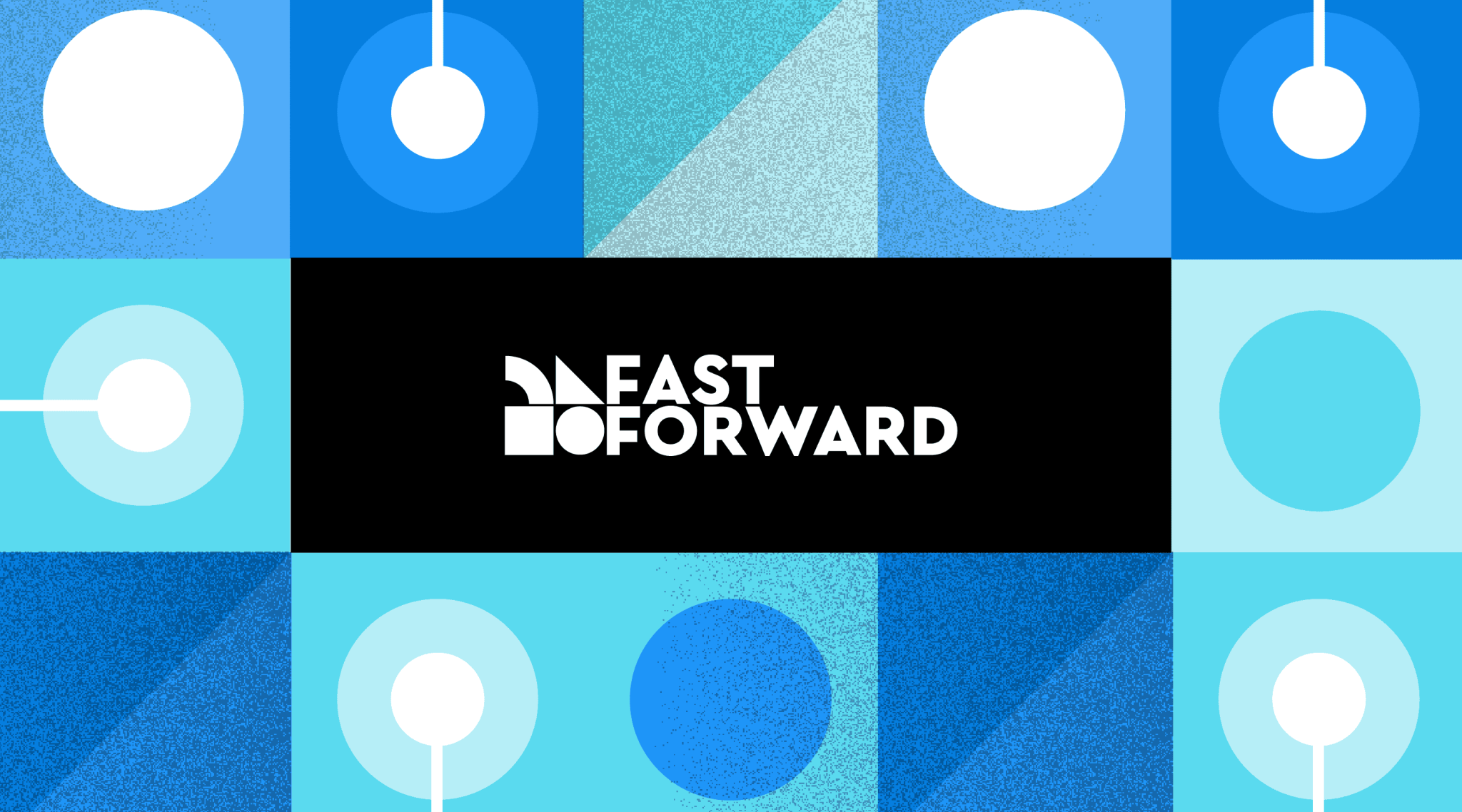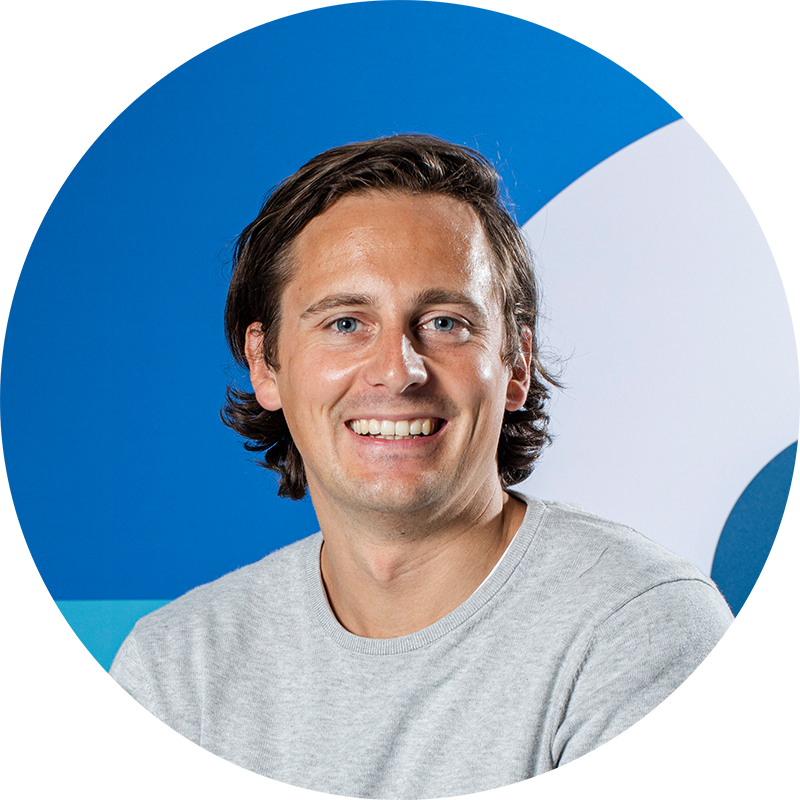Brian Murphy is Engagement Lead in Deloitte Ireland’s Consumer & Technology Business Audit department. He works with the firm’s largest family and privately-owned clients but also has experience with public interest entities including PCAOB clients. Brian lectures and presents extensively on a range of topics including audit, financial accounting/reporting and finance on behalf of Chartered Accountants Ireland.
At Fast Forward Studio 2020, Brian will be sharing his own digital transformation journey. Make sure you register here to find out more.
You’ve been active in the profession for a while. How have you seen accounting change over the last few years?
If we look specifically at the audit department, which is the area I specialise in, you can see how much has changed, seven or eight years ago everything was very much paper-based and now everything is electronic. It’s very unusual for any paper files to be used to store information. Everything is now gathered, stored and addressed electronically. More recently everything has become cloud-based, even in terms of how we do our audits, our methodology, the systems we use. Everything now sits in the cloud including how we prepare accounts and how we then interact with our clients. Using that cloud-based functionality has obviously been a great development over the last few years.
I suppose another huge change we’ve seen is in terms of the audit process, the focus years back was about getting samples of information and now it’s all about getting full data sets from clients where you’re able to do a full and thorough analysis. That’s certainly where things are heading to in the next couple of years.
What is the role of technology today and how do you see it evolving in the near future?
It’s been absolutely instrumental and every firm is having to move with it. Plus with COVID, it completely changed how we work and had a knock-on impact on making that shift through technology. It’s changed what is to be expected to be in place over the coming years. We’re even seeing the changes it’s having on audit testing, some of those are already being done by robots. Everything from the perspective at the start to the finish, how we even interact with clients, it’s really all being done now through technology. It’s just so instrumental, it’s difficult to see how a firm will evolve without bringing technology on the journey.
What challenges does this present for accounting firms?
The first major challenge I see here is in terms of people. Most accountancy firms are training firms building up accountants over three or four years, they would now be doing a very different role from where they started. In terms of doing all the testing and audit work, they will be doing more review type work. I think they’ll need to be a lot more trained and a lot more conscious of data and analytics and what that all means and what it represents. There is certainly a thing there around keeping our people trained and ensuring they’re still getting the right kind of experience to make sure they will be able to hold themselves as a chartered accountant.
The second challenge I think will be something we’ve found particularly over the last month with COVID and remote working. The technology is fantastic to have in place to be able to do your audits remotely and be able to tap into client information from wherever you are but it’s important to be able to keep and nurture those relationships as well. How are we able to make sure we keep the interaction from a human level as well as interacting via technology to make things a bit more efficient.
Do you think advisory services are now playing a more important role? Do you think the needs of the client have changed?
Certainly, we have seen more appetite from clients for advisory services. We do a lot of work with clients now in actually showing and demonstrating to them the kind of information they do have and how they may analyse that a bit better and how they might be able to use that information to run their business a bit more commercially.
Even from an audit perspective, the expectation now from us as auditors is we do our audit as we have always done with an auditor’s report as the key output but the insights we’re able to provide to clients are very important and becoming even more important. As we are now beginning to get into streams of say, proposals or new jobs coming on stream it’s very much what kind of insights and analysis from the analytics you can provide to the client that they’re looking for. I think there is an increasing expectation of more from the auditor because we do have all this technology, we do have all these tools, so the value of what insights you can now provide is instrumental to businesses and I think they want that.
At Fast Forward Studio, you’ll be sharing your digital transformation story. Could you tell us briefly what the viewers can expect from you?
I’m going to be talking about the journey Deloitte is on worldwide but specifically in Ireland. The journey we have taken over the last five to six years has seen a huge shift from paper-based audit to now where we are immersed in technology-driven auditing. Having all this technology allows you to have a much more bespoke approach depending on what the requirements are from the various different clients. I’ll give some examples about what we’ve done differently, how we’re using analytics on our files, and how we are generally using technology. From interacting with the client to closing out some files and what we had to do there from a digital perspective.
What advice would you give to accountants or accounting firms who want to transform digitally?
I think you need to think big. Often we put obstacles in our own path to say we can’t do that, or we can’t afford to do that, but I think when you do step back and look at how you’re currently doing things you’ll look at what you want, what is the ideal scenario, what are the blockers to efficiency in the firm. So step back and ask yourself – what does an ideal process look like? How would I like things to be done? Then source the various different technologies that are out there to help you in that kind of journey.
I think certainly when you do start looking into things there’s always that sort of mindset that everything is very expensive and it works as it is. But when you start getting into it, it turns out things are not as expensive as you thought they were. There’s also an element of look around, seek what’s out there, see what other firms have done, see what companies can do. This Silverfin event is perfect for people to come and do exactly that and learn from top firms.
At the start of Deloitte’s transformation, we would have looked at what aspect of our digital journey is around how we assist our clients with accounting and how we assist them with the preparation of financial statements. That’s how we started interacting with Silverfin. So we had done a lot of work, we had looked at loads of other different options, weighed them up and then decided Silverfin was the best fit for us.
If you want to hear more leading accountants share their digital transformation stories, join us at Fast Forward Studio on September 17th.
{{cta(‘5e5dd2a4-c7e6-49b9-be5f-3f085cd85f6f’,’justifycenter’)}}



